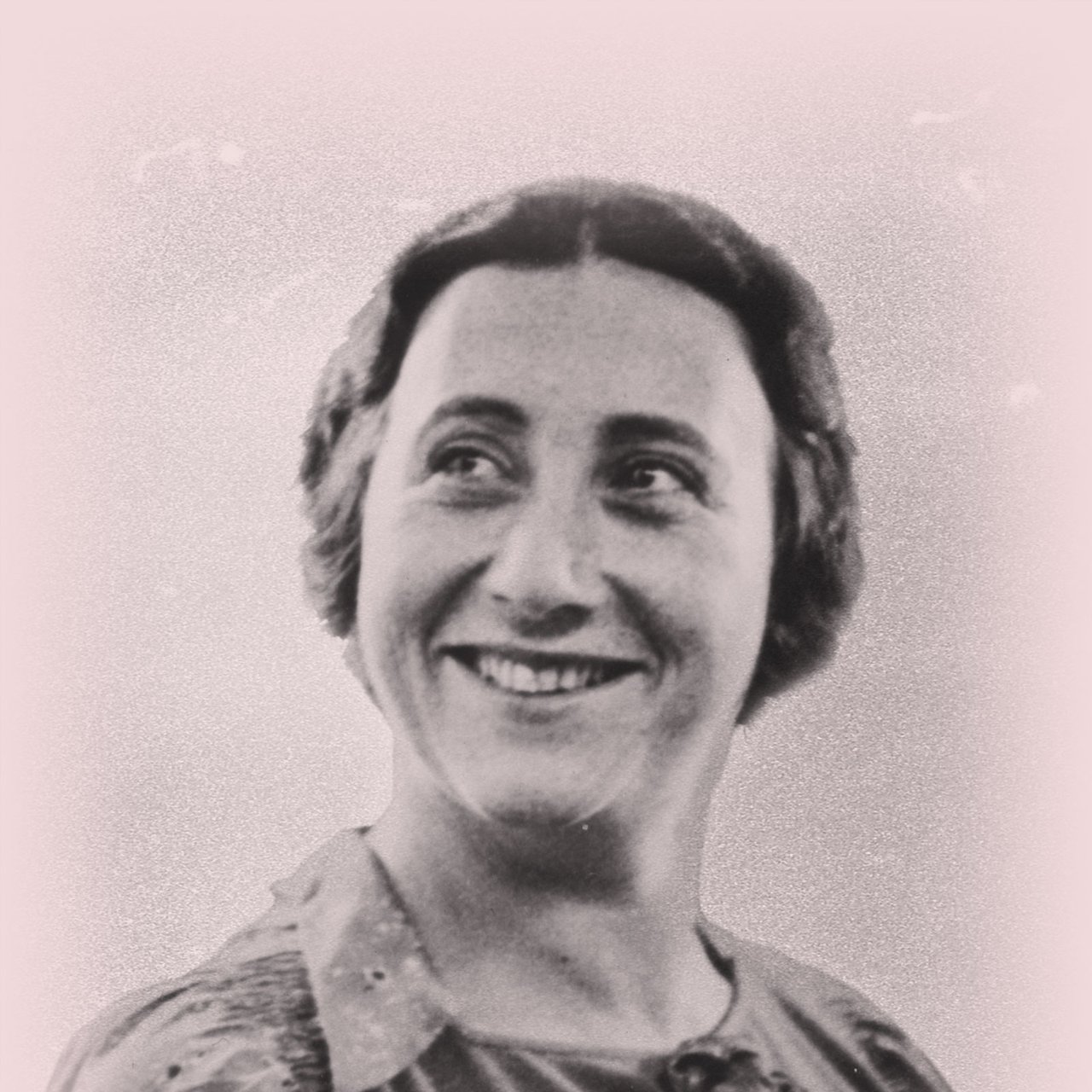The violence of the Kristallnacht
Things were not going well from a business perspective either. In a letter to an acquaintance in Buenos Aires, Edith wrote that Otto was investigating the possibility of setting up a business in England. ‘Otto is working hard on an English business venture, we don’t know if it will come to something, perhaps we will move on.’ The ‘English business venture’ fell through in 1937. Still, the decision to start selling meat herbs and spices in addition to the pectin, improved the business results.
In the meantime, Edith’s family, who had been left behind in Aachen, witnessed the violence and destruction of the Kristallnacht in 1938. The Nazis destroyed thousands of synagogues and Jewish shops, arrested 30,000 Jewish men and imprisoned them in concentration camps. Her brother Julius escaped arrest because he had fought in the German army and been injured in the First World War.
However, Edith's other brother, Walter, was arrested and briefly imprisoned in a concentration camp. In the end, both brothers successfully emigrated to the United States via the Netherlands. Edith's mother, Rosa Holländer-Stern, came to the Netherlands and moved in with the family in March 1939.
